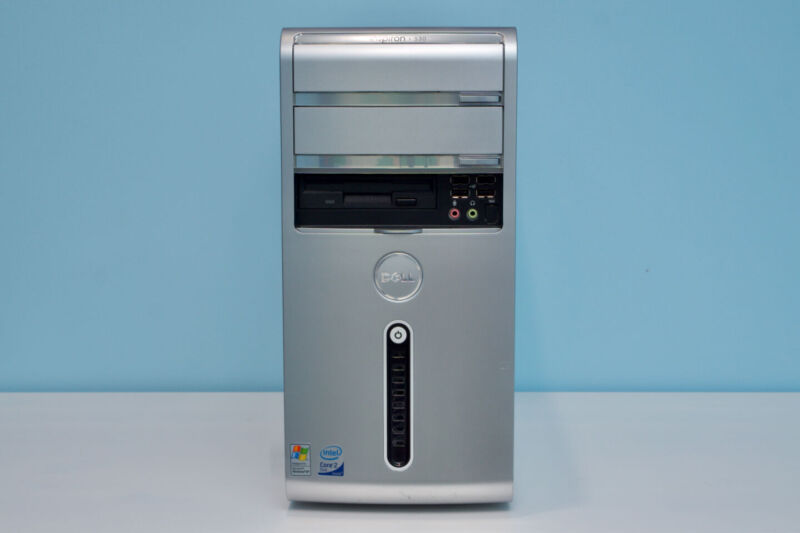
Officially, Windows 11 has higher system requirements than Windows 10. But to date, once you've bypassed those requirement checks, there have been few consequences to running Windows 11 on old hardware. Unsupported or not, Windows 11 would run on pretty much any 64-bit PC that could boot Windows 10—we've run it on PCs as old as a Windows XP-era Core 2 Duo desktop.
That's apparently changing a bit in Windows 11's 24H2 update, which Microsoft began testing earlier this month. According to posts from a user named Bob Pony on X, formerly Twitter, the latest Windows 11 builds refuse to boot on older processors that don't support a relatively obscure instruction called "POPCNT." Short for "population count," it's used for "counting the number of bits in a machine word," according to an explainer by programmer Vaibhav Sagar.
It's unclear why POPCNT has become the load-bearing CPU instruction for a whole bunch of Windows components, but it looks like the Windows kernel, the system's USB and network drivers, and other core system files now require the instruction as of Windows 11 24H2.
In modern x86 CPUs, POPCNT is implemented as part of the SSE4 instruction set. For Intel's chips, it was added as part of SSE4.2 in the original first-generation Core architecture, codenamed Nehalem. In AMD's processors, it's included in SSE4a, first used in Phenom, Athlon, and Sempron CPUs based on the K10 architecture. These architectures date back to 2008 and 2007, respectively.
That effectively bars mid-2000s Intel Core 2 Duo systems and early Athlon 64-era PCs from booting Windows 11 at all, not that they officially supported it in the first place. This means the change should mainly affect retro-computing enthusiasts who spend their days making YouTube videos in the "we installed Windows 11 on a potato, let's see how it runs" genre rather than users of actual systems. Even if you upgraded these PCs with 4 or 8GB of RAM and changed out the creaky old hard drives for SSDs, these are not PCs that will run Windows 10, Windows 11, or any modern apps particularly well.
These same retro-computing enthusiasts may also find a way around this requirement eventually. Windows 10 and 11 won't boot on systems without SSE2 support, for example, but that hasn't stopped people from finding a way to do it anyway.
Though Windows 11's system requirements suggest CPU clock speed and the amounts of RAM and storage your PC has, system requirements in the modern era have become more granular and esoteric. For example, it seems as though Windows 11's CPU requirement (an 8th-gen Intel Core CPU or newer, or an AMD Ryzen 2000-series CPU or newer) is driven at least partly by support for "mode-based execution control" (MBEC), a security feature that accelerates some of the operating system's memory integrity protections. No CPU manufacturer is including stuff like POPCNT or MBEC in their marketing materials, but modern Windows support is increasingly dictated by these kinds of features.
Listing image by Microsoft
Promoted Comments